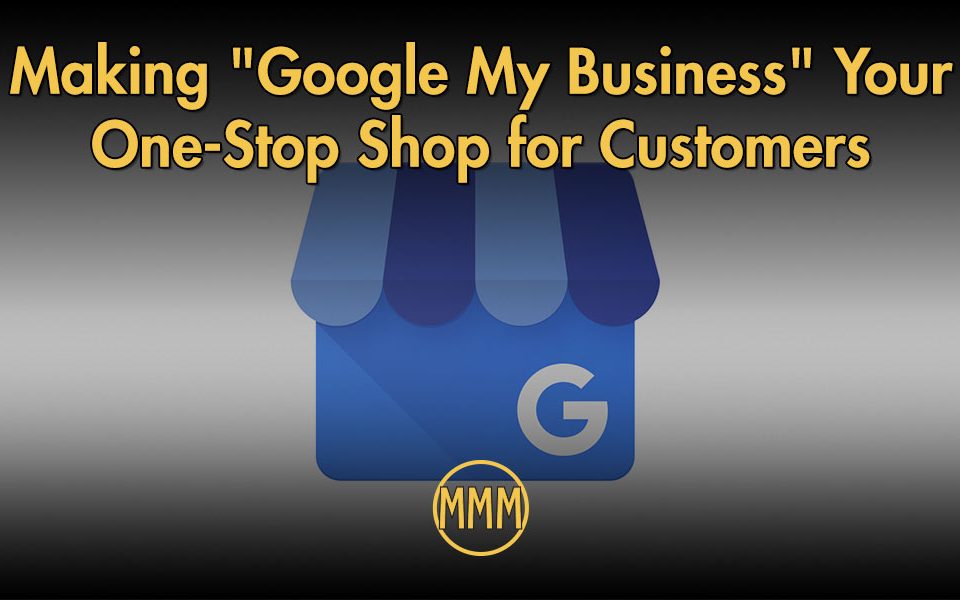
What is SEO in digital marketing and why it is important?
December 1, 2020
5 Questions to Ask Yourself Before Your Website Redesign
February 15, 2021Trying to Wrap Your Head Around Page Rank and Site Traffic? Insights Into a Better Way to Get Clicks from SEO

Summary: Getting page rank is hard enough. Getting your page to rank and get users to click can have you banging your head against the wall. Here’s a better solution.
Search Engine Optimization (SEO) is usually the first thing businesses think of when they want more traffic to their site, more leads, or more sales. If you think about it, it makes sense. If someone is interested in buying what you are selling, they are going to search for it. Right? Not exactly.
Sometimes that is the case. However, what if no one is searching for what you are selling? How will SEO work in those cases? I want to dive a bit deeper into what SEO is good for and when it is a waste of time and money.
Are You Optimizing for the Right Search Terms?
In some cases, a business assumes that people will be searching for their product a certain way. They optimize for those terms and wonder why there isn’t any additional traffic. They are clearly at the top of the search page when people search. However, upon further review, we see that the phrase is searched for, on average, ten times in one month out of 168 billion searches per month. With an average click-through rate of 1.91% on searches, it is less than one click per month.
Are You Trying to Optimize for Highly Competitive Terms?
Trying to get to the top of a highly competitive space is the exact opposite situation. I hate to be the bearer of bad news, but search results are part relevancy and part popularity contest. The more click-throughs you get, the more popular you become on Google. The rationale behind it is that if people are clicking on your result, it must be what people want, so Google puts you higher in the results in which more people click on it, so they put you higher in the results, and so on.
Start Thinking About Content Instead
Most experts in the search engine optimization field will tell you that Google likes long content with relevant, supporting information. Remember those reports you did in school, and the teacher would write at the top that there weren’t enough facts to support your thought or theory? Guess what? The same applies to content for Google.
Before you run off and write a 1500 word blog post, the first thing you need to find what your customers are searching for and how you can help them get that information. That requires some research.
Doing Search Term Research Goes a Long Way
When I am ready to post an article on my website, I find out how people search for this problem. There are several tools you can use. I prefer to use the keyword research tools in Google AdWords. For two reasons, it’s free, and it’s Google. They should know.
I put in a phrase or two to determine the search volume and competitiveness for those phrases. I can do this several times until I find the right combination. I like a low to medium competitive rate with a hundred or more searches per month. Next, I do a search using that term or terms and find out what comes up.
Determine If Your Topic Will Get Noticed
Once I find the term that I want to write content around, I put the phrase into the search bar and see what is on the first page. Is it a page filled with ads at the top, related images, and “People also ask” boxes? If it is, I move on to another term. The chances you get any traction on that page are slim, mainly if you are writing for search engine page rank. I like the page to have only articles and mostly from independent sources. You have a better chance of ranking on that page.
If Your Goal is Search Engine Rank, You Will Need to Do Some Work
If search engine optimization were easy, there would be no reason to hire an expert. If you want to achieve a higher ranking on the search results page, it takes time and work.
When I talk to clients about SEO, I always tell them to determine what your customer or potential customer wants to learn, figure out how they are searching for that information, and then create the content. Sounds easy enough, but as you see, there are plenty of steps to take before you post content on the web. If search engine rank is your goal, creating content that will rank will give you better results.



